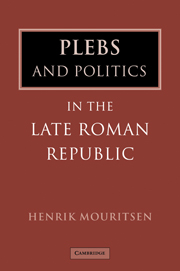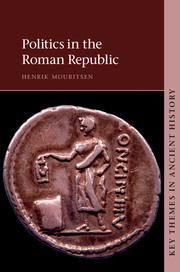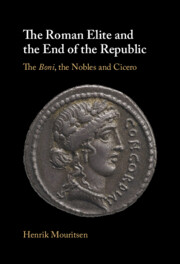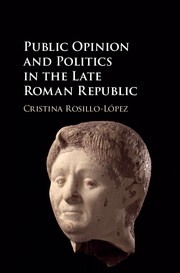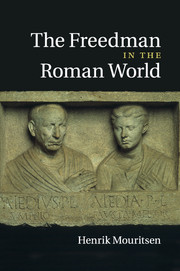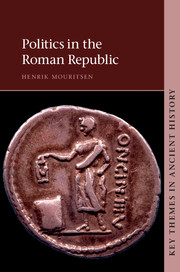Plebs and Politics in the Late Roman Republic
Plebs and Politics in the Late Roman Republic analyses the political role of the masses in a profoundly aristocratic society. Constitutionally the populus Romanus wielded almost unlimited powers, controlling legislation and the election of officials, a fact which has inspired 'democratic' readings of the Roman republic. In this book a distinction is drawn between the formal powers of the Roman people and the practical realization of these powers. The question is approached from a quantitative as well as a qualitative perspective, asking how large these crowds were, and how their size affected their social composition. Building on those investigations, the different types of meetings and assemblies are analysed. The result is a picture of the place of the masses in the running of the Roman state, which challenges the 'democratic' interpretation, and presents a society riven by social conflicts and a widening gap between rich and poor.
- Provides a practical approach to Roman politics
- Offers an alternative vision of social conditions in Rome
- Places politics in social context
Reviews & endorsements
'… a major contribution to our understanding of republican history.' Journal of Roman Studies
'It is particularly the discussion of the practical aspects of Roman politics that makes this book very interesting. Mouritsen interprets the scarce material on this subject in a convincing manner … he presents enough new and surprising observations to keep the reader fascinated.' Journal of Legal History
Product details
June 2001Hardback
9780521791007
172 pages
236 × 158 × 17 mm
0.385kg
Available
Table of Contents
- Acknowledgements
- 1. Introduction: ideology and practice in Roman politics
- 2. The scale of late republican politics
- 3. The contio
- 4. Legislative assemblies
- 5. Elections
- 6. Plebs and politics
- Appendix: the 'Lex Licinia de sodalitatibus'
- Bibliography
- Index.

